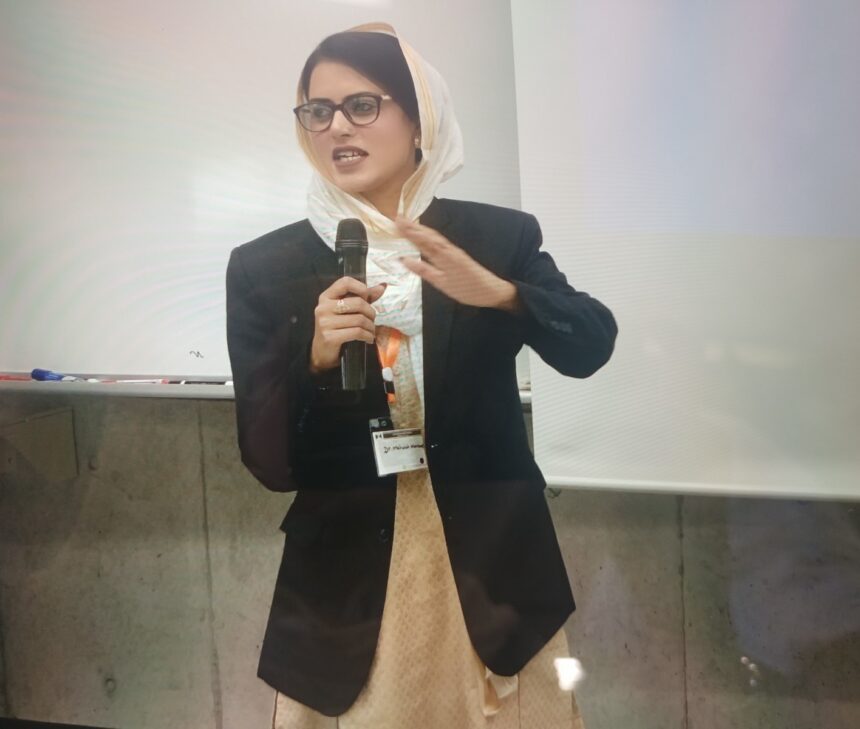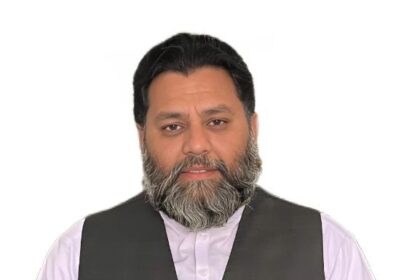Dr. Mehwish Manzoor Gujjar
Female athletes in Pakistan are increasingly breaking barriers and challenging stereotypes in the world of sports, but their progress is hampered by systemic discrimination, harassment, and a lack of robust legal protections. While some legislative provisions exist, significant gaps remain in ensuring women’s equality, safety, and representation in sporting environments. This article identifies key challenges, evaluates the current legal framework, and offers recommendations for building a safer and more inclusive sporting landscape for Pakistani women.
**Female Athletes Face Persistent Challenges**
Pakistani women participating in sports contend with a range of challenges, including sexual harassment, gender discrimination, and a lack of institutional support. Numerous cases have emerged in which athletes experience harassment by coaches, officials, or fellow athletes, often accompanied by threats of career sabotage if they speak out. Such an environment not only discourages women from pursuing athletic careers but also undermines their potential to achieve excellence.
Apart from harassment, women in sports regularly suffer from systemic discrimination. They are provided with fewer training opportunities, less sponsorship, minimal media coverage, and inadequate sports facilities compared to their male counterparts. The lack of female representation at decision-making levels in sports bodies further limits their access to support systems and advocacy, leaving many athletes without effective channels for redress.
**Gaps in Legal Protections**
The primary legal safeguard against harassment, the Protection Against Harassment of Women at the Workplace Act, 2010, ostensibly covers sports institutions. It mandates that all workplaces, including sports federations and clubs, establish internal inquiry committees to handle complaints. However, compliance remains weak, especially at the grassroots level, and many female athletes remain unaware of their rights under the law. Enforcement is lax, and fear of retaliation or indifference from authorities often deters victims from reporting abuse.
Constitutionally, Article 25 guarantees the equality of all citizens and prohibits discrimination based on gender. Yet, this principle is rarely reflected in sports governance, policies, or everyday practices. The Pakistan Sports Board and the National Sports Policy envision inclusive development but lack gender-specific mandates and enforceable mechanisms to ensure the safety and inclusion of women.
Moreover, the Prevention of Electronic Crimes Act (PECA) 2016 provides a mechanism to address cyber harassment, an issue that increasingly affects female athletes who are active online. Despite the legal provision, most instances of online abuse go unreported or receive inadequate investigation and follow-up.
Recent incidents underscore these systemic failings: A female volleyball player’s complaint of harassment by a senior official at a national camp was dismissed without inquiry, highlighting the lack of institutional accountability. Female cricketers have publicly shared their grievances about pay disparities and inferior facilities. Additionally, women’s participation in large public events, such as marathons or cycling competitions, often faces threats and protests from conservative groups, without adequate protection from authorities.
**Recommendations for Reform and the Way Forward**
To foster an equitable sports environment, several legal and policy reforms are necessary. The government must enforce the mandatory formation of harassment inquiry committees within all sports organizations, with the inclusion of external female legal experts to ensure impartiality. A national, legally binding Code of Conduct for Gender Equality in Sports should be established, mandating equal pay, representation, and facilities for women.
Legal quotas are needed to guarantee women’s participation in sports governance at executive levels, ensuring their perspectives shape organizational culture and policy. Laws should be introduced to protect whistleblowers and ensure that female athletes feel safe to report abuse. A Sports Legal Aid Cell under the Ministry of Human Rights could provide specialized assistance, while mandatory legal rights awareness workshops should be incorporated into all sports training academies.
Regular gender audits of sports infrastructure are necessary to assess and improve conditions for women athletes, ensuring that facilities meet their specific needs.
**Conclusion**
The journey towards gender equality for female athletes in Pakistan is far from complete. Existing legal provisions, while theoretically protective, are not adequately implemented or tailored to the real-world challenges faced by women in sports. Comprehensive legal and institutional reforms—enforcing protections, empowering women in decision-making, and enhancing accountability—are urgently needed. Upholding the rights and dignity of female athletes is not only a legal requirement but also a critical step towards a fairer and more progressive society.











